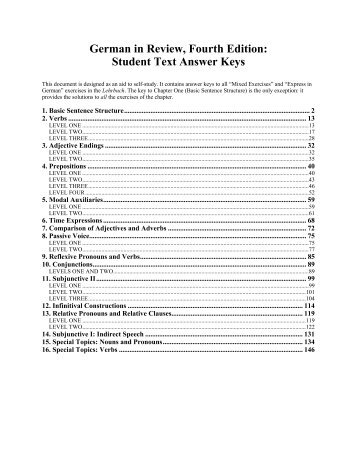
About this time the University of Oxford is founded.

10th century-English and Danes mix fairly peacefully, and many Scandinavian (or Old Norse) loanwords enter the language, including such common words as sister, wish, skin, and die.England is divided into a kingdom ruled by the Anglo-Saxons (under Alfred) and another ruled by the Scandinavians. He uses the English language to foster a sense of national identity. Late 9th century-King Alfred of Wessex (Alfred the Great) leads the Anglo-Saxons to victory over the Vikings, translates Latin works into English and establishes the writing of prose in English.Mid 9th century-Danes raid England, occupy Northumbria, and establish a kingdom at York.Early 9th century-Egbert of Wessex incorporates Cornwall into his kingdom and is recognized as overlord of the seven kingdoms of the Angles and Saxons (the Heptarchy): England begins to emerge.Late 8th century-Scandinavians begin to settle in Britain and Ireland Danes settle in parts of Ireland.700-Approximate date of the earliest manuscript records of Old English.731), a key source of information about Anglo Saxon settlement. 673-Birth of the Venerable Bede, the monk who composed (in Latin) The Ecclesiastical History of the English People (c.

Latin speakers begin referring to the country as Anglia and later as Englaland. Augustine and Irish missionaries convert Anglo-Saxons to Christianity, introducing new religious words borrowed from Latin and Greek. 7th century-Rise of the Saxon kingdom of Wessex the Saxon kingdoms of Essex and Middlesex the Angle kingdoms of Mercia, East Anglia, and Northumbria.He is the first English king to convert to Christianity. Late 6th century-Ethelbert, the King of Kent, is baptized.


 0 kommentar(er)
0 kommentar(er)
